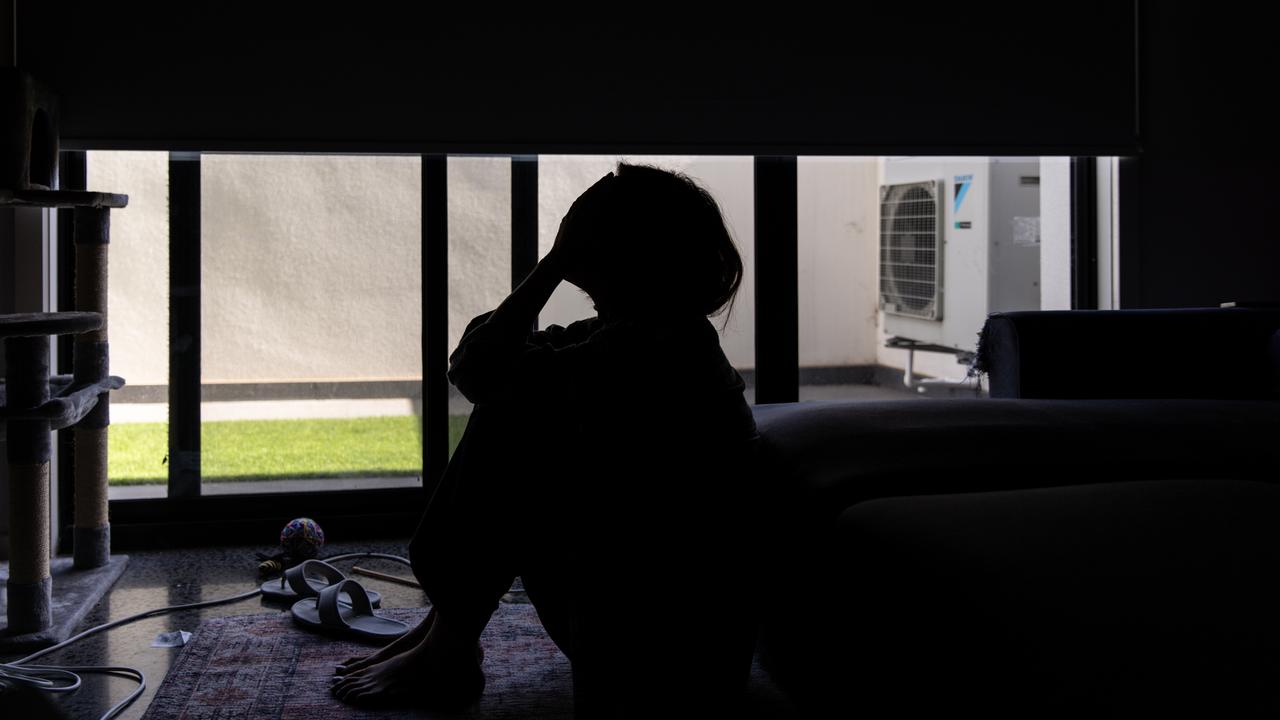
Mandatory sentencing for domestic violence order breaches have been restored under a territory's new laws after a concerning rise in incidents.
The Northern Territory's Country Liberal Party government has pushed through the laws, with Attorney-General Marie-Clare Boothby saying they would ensure domestic violence perpetrators faced real consequences for offending.
"For too long, the rights of offenders have been prioritised over the rights of victims," she said.
The new laws restore mandatory minimum sentence provisions repealed by the former Labor government in 2022, with Ms Boothby saying domestic violence incidents since then had increased by 82 per cent across the NT.
"The previous Labor government neglected our justice system, they let crime spiral, backlogs grow, and left victims behind," she said.

The new laws were aimed at addressing this as part of last week's record budget announcement of $1.5 billion on law and order.
Offenders who harm or threaten a victim will go to jail if they have previously breached a domestic violence order, or if they breach an order multiple times in a short period (28 days).
The new measures include a tiered mandatory sentencing framework from two to five years of imprisonment and an increase in the levy for guilty offenders by around 40 per cent to bolster funds for victims' services.
They also expand a victims' register to more frequently notify victim-survivors when perpetrators breach orders and introduce a new electronic application process to fast-track applications for victims seeking financial relief.
"We must do everything we can to protect victims and keep them safe from their perpetrators," Ms Boothby said.
But legal reform and social support groups have disputed the impact of the new mandatory sentencing laws, saying they would not reduce offending.
Justice Reform Initiative NT co-ordinator Kirsten Wilson said the laws were a "knee-jerk" tough-on-crime approach that would not work to keep women and families safe in the long term.
She said the CLP government needed to recognise that imprisonment failed to address the drivers of offending, with evidence showing mandatory sentencing did not deter crime.
"The evidence shows us that imprisonment increases the risk of reoffending and often entrenches underlying issues by worsening employment prospects, health outcomes, and cutting people off from their community."

Fellow Justice Reform co-ordinator Rocket Bretherton urged the NT government to shift focus to support frontline services that address the causes of violent behaviour and explore alternatives to imprisonment to ensure women's safety.
"Mandatory sentencing has been shown to increase women's incarceration rates alongside men's and disproportionately impact First Nations women," she said.
Law changes must be balanced with investment in community programs and First Nations-led initiatives that work to address offending behaviours to keep women and families safe, Ms Bretherton said.
The NT Council of Social Service CEO Sally Sievers said all 21 submissions to the parliamentry committee that scrutinised the new laws opposed them, but they still passed.
"Mandatory sentencing without meaningful rehabilitation is not a solution. It's a missed opportunity for prevention," she said in a statement.
The community services sector was ready to work with the government to ensure victims and offenders had access to programs to prevent violence and improve community safety, Ms Sievers said.
1800 RESPECT (1800 737 732)
Lifeline 13 11 14
Men's Referral Service 1300 766 491







